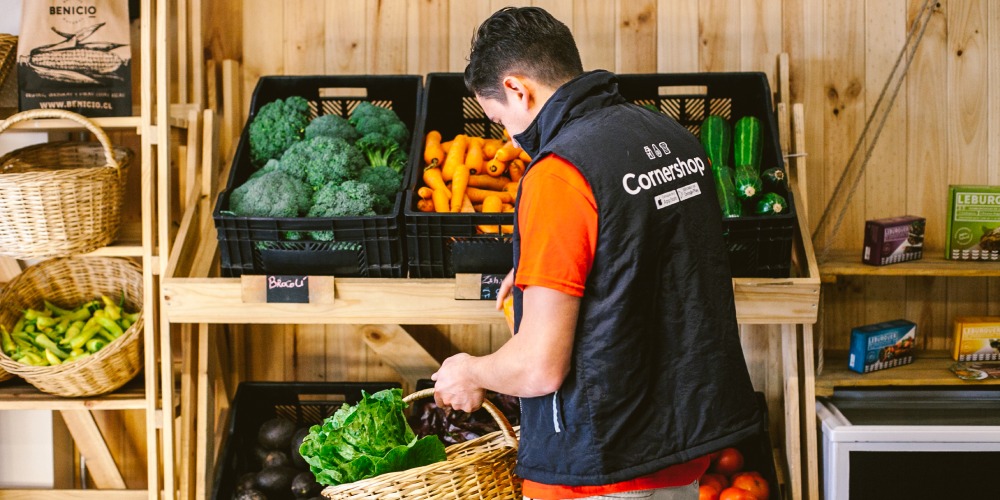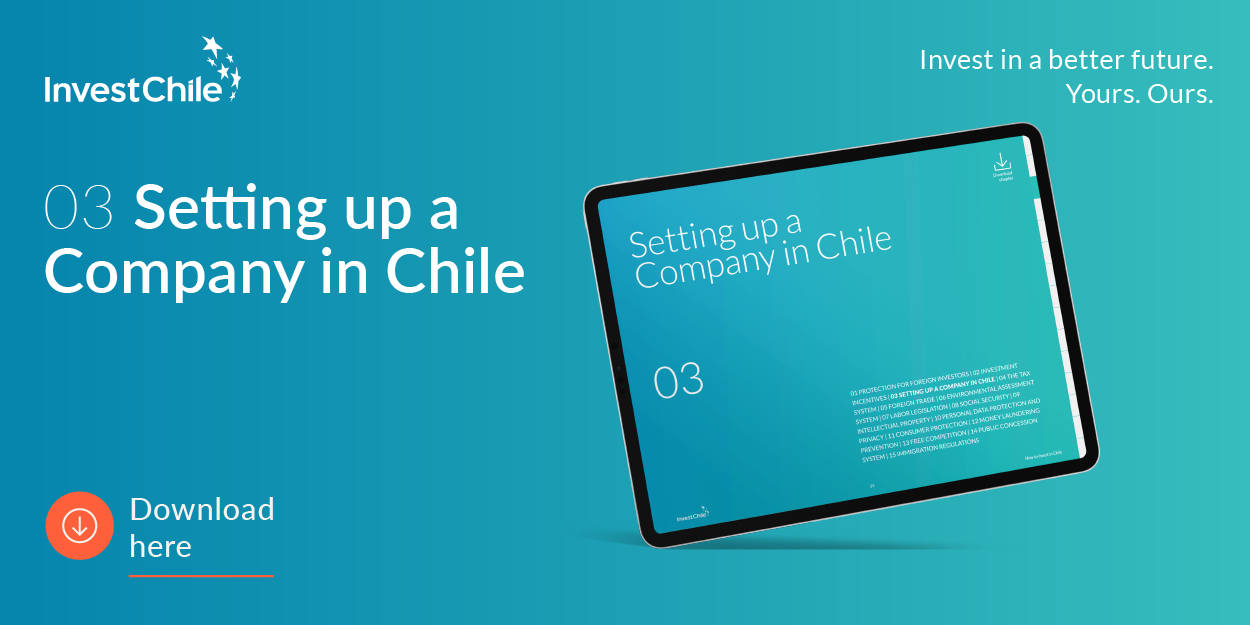Two Chileans and a Swede are the minds behind the successful mobile application which was launched in 2015 and operates in Chile and Mexico.

In 2017, the famous Forbes magazine predicted it: Cornershop would be one of the 30 businesses which would stand out that year. It was right, but Cornershop’s success did not stop there. The Chilean home delivery application has grown exponentially, both in numbers and popularity, and is, indeed, reported to have attracted the interest of retail giants, which see it as an opportunity to compete with Amazon.
But what is the story of Cornershop, and its numbers? The idea started in 2015 with US$300,000, all of which came from the pockets of its founders: the Chileans, Daniel Undurraga and Juan Pablo Cuevas, and the Swede, Oskar Hjertonsson. Entrepreneurs linked to the digital world who had already become known after selling their ClanDescuento app to Groupon in 2010.
In May 2015, Cornershop made its debut in a niche that was already experiencing a boom internationally: online shopping. However, its main target was a segment in which demand was not yet covered: supermarkets.
The numbers of the success
It was three years ago that the application began its operations in Santiago and Mexico City. Such has been its success that, since then, it has expanded to Valparaíso, Concepción, Monterrey, Guadalajara, Puebla, Leon, Queretaro, Cancun and Toluca. If, in 2015-2016, the company’s founders reported having around 100 shoppers in Chile, today the figure is over 3,000.
In supermarkets, it is no longer strange to see these “Uber of food”: usually university students wearing a T-shirt with the company’s logo.
And the same has happened with the associated stores (which vary depending on the user’s location). Today, the app’s customers can use it to shop in supermarkets, pharmacies and another 40 stores in the country, placing orders that Cornershop promises to dispatch in no more than 60 minutes.
Along with its growth, the company’s investment capital has also increased. The initial US$300,000 were followed by seed capital raised from an investment fund in Mexico and, last year, by Series A financing for entrepreneurs, which provided US$6.7 million in extra capital to continue operating.
In 2017, the Chilean company also embarked on a Series B round of financing, which allowed them to bring in one of the main Silicon Valley investment funds: Accel Partners, which has also invested in Facebook and Dropbox.
In this way and thanks to the backing of other investors, such as the co-founder of Uber and the CEO of YouTube, they raised US$21 million for the company’s consolidation phase in Chile and its regional expansion in Mexico.
But the growth aspirations of the three founders are far from satisfied since, according to Diario Financiero, they are thinking of entering new markets such as Argentina, Peru, Colombia and Brazil, as well as launching the application in the United States. In fact, according to the same newspaper, the retail giant Walmart is negotiating to acquire Cornershop with the aim of boosting its online sales and strengthening its position to compete with its rival Amazon. According to El Mercurio, the transaction would be valued at US$400 million.
The "virtue" of Cornershop
According to data analysis company FreightWaves, demand for the type of services offered by Cornershop has increased by 50% in the last 18 months around the world. And, faced with this increase, Cornershop has known how to compete with new rivals such as Uber Eats or Glovo. It trains its shoppers to choose the best products and they must also call customers if any of the items they ordered are not available.
As regards their prices and the business behind the app, Cornershop generally charges a mark-up on each product purchased. However, it has agreements with a number of stores under which the price is the same you would find if you went to buy it yourself.
For Pablo Barberis, an academic at the University of Chile’s Unegocios center, Cornershop’s success is due to “the advent of ever faster growing online shopping, a model that is here to stay and, in Chile, is growing at over 30% versus an average of 3 to 4% a year for physical retail”.
“This application responds to new trends, to provide an efficient service (that is the bet), save time for the consumer and offer operational efficiency to retail,” he added. For Barberis, “omnichannel services” are the new strategy that must be adopted by the retail world “whose challenge is to address the convergence of the physical versus the online world, where the role of logistics is key.”
In this sense, the economist emphasized that “retail has no choice but to migrate and transform the current store into a technological and logistic business model, focused within an omnichannel universe.”
“These are the keys to the success of the retail of the future where this type of application, which responds to the new demands of the market and consumers, can continue to evolve to offer a service aligned with the world’s new ways of shopping,” he explained.
Learn more about investments in the digital economy in this article.
Source: Emol



%2017.11.51.png)

